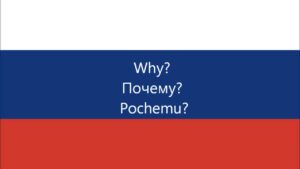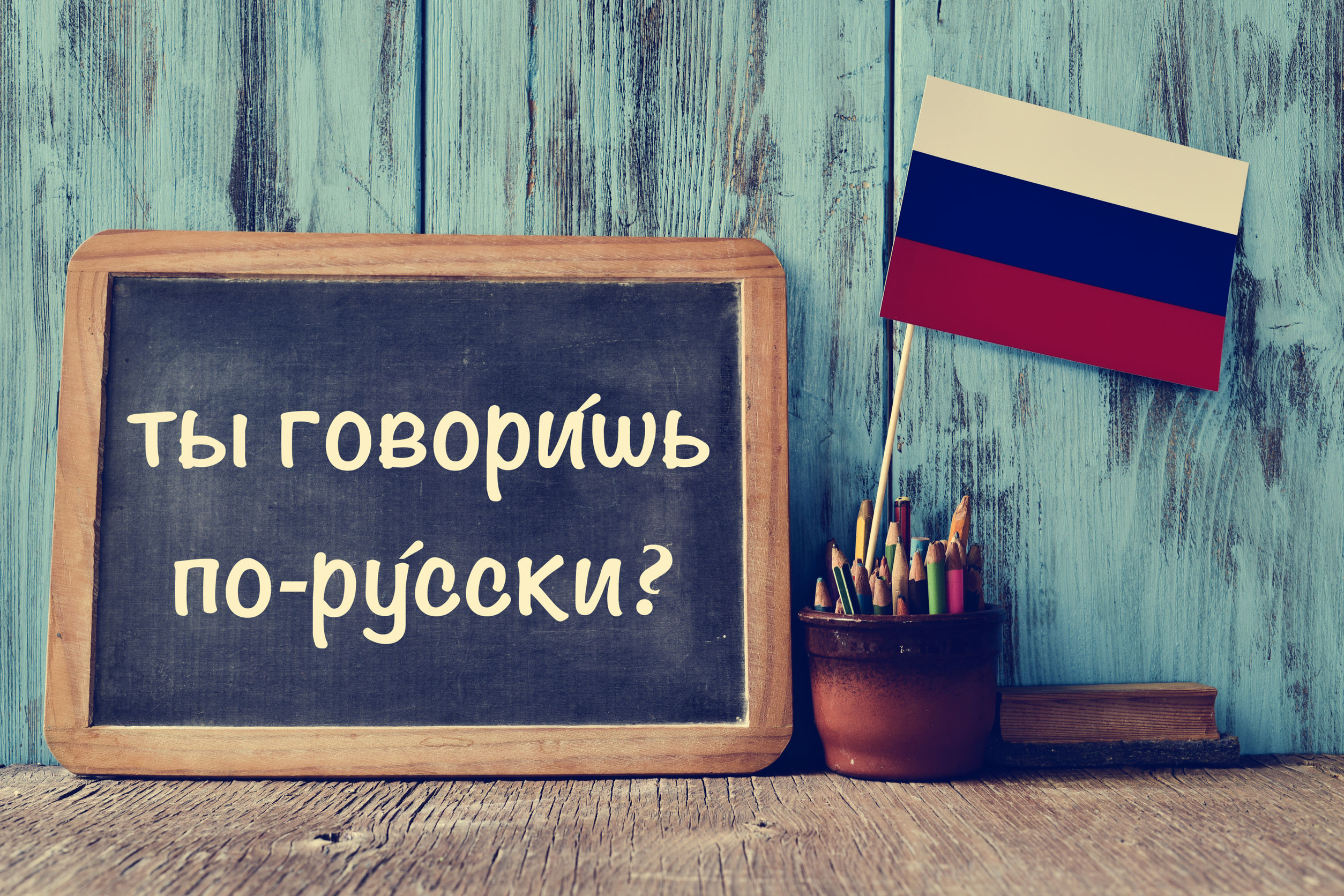The Russian language, along with Belarusian and Ukrainian, are included in the Slavic group of languages and are called East Slavic. As you know, the vocabulary, phonetics and grammar of these languages are almost identical to Russian. Therefore, learning these languages and russian to english will not be a huge task. And the understanding of Ukrainian and Belarusian is understandable almost on an intuitive level, even for those who have not encountered them at all.
In Serbo-Croatian (used in the countries of Montenegro, Bosnia and Herzegovina, Croatia, Serbia, Slovenia) and Bulgarian, there are noticeable similarities in terms of vocabulary and grammar. The phonetics of such languages is more difficult to write. The written word (usually in Latin) of such languages is very similar to writing Russian words only in Latin letters (for example: zaprto – closed, locked (Horv), otprto – open (Horw)) It will be more difficult with pronunciation here, it will be necessary to work with stress, which may not be located on the same syllable as in Russian, even if the spelling of the words is almost identical. Such languages have a branched system of tenses and unstressed particles – unusual for the Russian language.
The most difficult of the Slavic languages for the Russian mentality will probably be Czech and Polish. There are more unfamiliar words here, which are no longer very similar to identical Russian ones, because part of the vocabulary is borrowed from German. But the situation is easier with the accent. It is practically fixed in words: on the first and second syllable from the end.
The situation is slightly more complicated with the Baltic languages (Latvia, Lithuania, Estonia). If, in terms of vocabulary, they are a bit reminiscent of the Slavic languages, but with the study of the richness of their grammar, you will have to work hard.
Among the Germanic languages it will be easier to learn English. Slightly more difficult is German and Dutch, which will have difficulty in grammar. The greatest difficulty will fall on the Scandinavian languages. There are practically no words of international origin in them and you will have to memorize almost the entire vocabulary. Also, the Scandinavian languages (Danish, Norwegian, Swedish) are distinguished by complex offerings and inconsistent spelling of words.
Among Romance languages, it will be easier to learn Italian or Spanish, Portuguese than French, which has very complex pronunciation and spelling rules.

